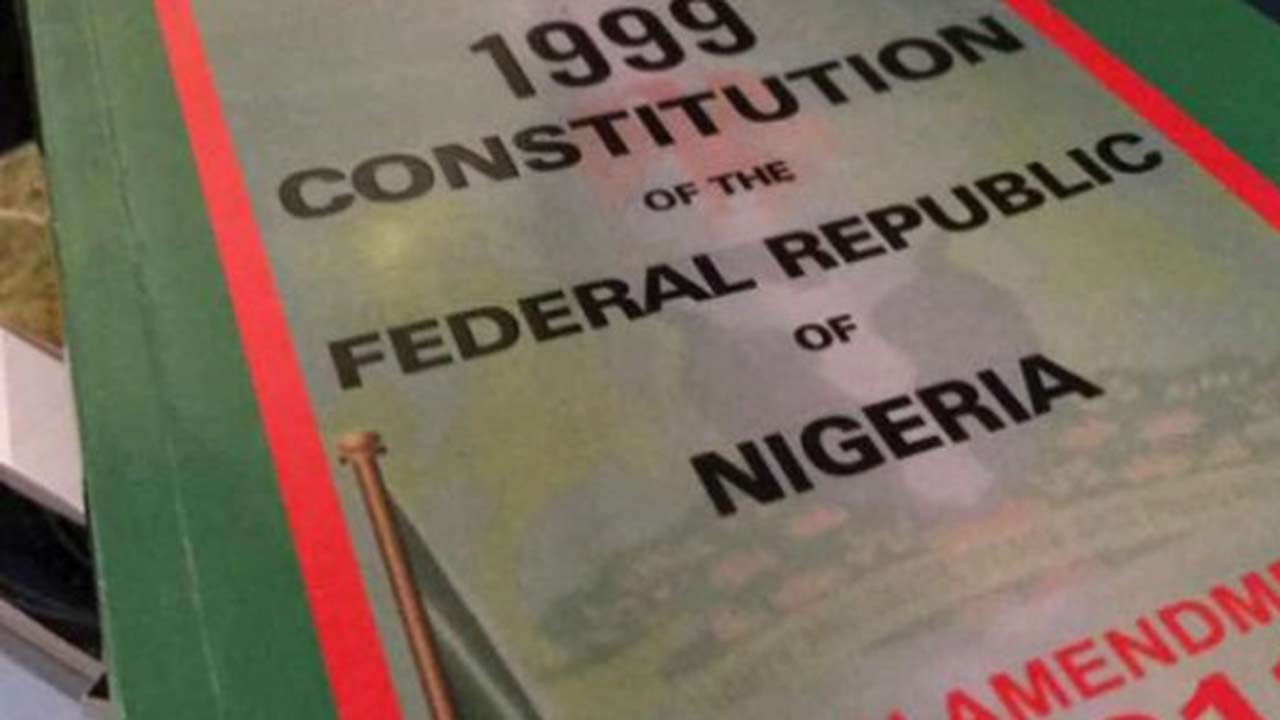By Chidi Anselm Odinkalu
In 1989, academics, Bill Ashcroft, Gareth Griffiths, and Helen Tiffin published to great acclaim their study of the evolution of the diverse dialects of English language from different Empire. Their title was The Empire Writes Back. The book shows how various outposts of the Empire took ownership of the language and adapted its grammar and usage.a
Few outposts of Empire have been as prolific in this enterprise as Nigeria. Conceived as somewhat of an illegitimate offspring in the ménage à trois between Sir George Taubman Goldie; his mistress, Flora Shaw; and his successor in propinquity to her, Frederick Lugard, Nigeria became a colonial experiment in the Tower of Babel.
A national anthem composed in 1959, one year before Independence, which occurred in 1960, acknowledged this reality in the third line of its first stanza, reminding the world of the aspiration to create a country even “though tribe and tongue may differ.” The anthem itself invited citizens to “hail” the country in antiquarian, Biblical third person, symbolising a relationship with the country that was fractured from origin. Never mind that the hailing was to be done in the borrowed language of a foreign country.
Without compulsory access to basic education, which could have created a shared vocabulary in the imported language, Nigerian imagination invented its own grammar of mutual intelligibility. This language is called “Pidgin English”, which does not entirely do it justice. It is characterized by an open-ended grammar in which meaning is always available to reveal itself to anyone interested in exercising imagination.
But this is not the only function of Nigerian English. French colonial policy of assimilation offered their way of life also as the height of civilization, promising natives (as the colonists called Africans everywhere) the opportunity to “evolve” to the highest level of civilization, which they claimed was French citizenship. For those of us from Nigeria, access to Nigerian English is our license to civilization.
Over here, we describe those who have attained this level of civilization as “detribalised”. It is arguably the greatest compliment that one Nigerian can pay to another. By contrast, to the owners of the language, to detribalise someone is to render them rootless.
When his former Minister, Jubril Martins-Kuye, died last year, President Olusegun Obasanjo described him as “detribalised”. Sokoto State Governor, Aminu Tambuwal, says only a “detribalised” Nigerian is fit to rule the country.
So, the supporters of the presidential candidate of the Peoples’ Democratic Party (PDP), Atiku Abubakar, are quick to claim the mantle, describing him as the only “detribalised” one in the race to succeed Muhammadu Buhari, who is mostly accused of being the opposite.
The supporters of the candidate of the Labour Party, Peter Obi, retort that he is “detribalised” too. Not to be outdone, even tribesmen of the presidential candidate of the All Progressives Congress (APC) in the Yoruba Council of Elders (YCE) claim he is detribalised, which begs the question why they exist in the first place.
To demonstrate how meaningless the expression has become, former chairman of Kano State Primary Education Board (SPEB), Malam Yakubu Adamu, even described the late Emir of Kano, Alhaji Ado Bayero, as detribalised. But if the Emir, by definition is the embodiment of a tribe, how can he be described as “detribalis ed” at the same time?
Columnist, Tayo Oke, complains that the word is “widely embraced as a mark of respect by the political elite… yet, so devoid of substance”, adding that “people should find it infuriating that someone is pointing them out as a ‘detribalised’ Nigerian; it is an insult to the intelligence.”
Academic, Jideofor Adibe explains that “when we talk of being ‘detribalized’ in the Nigerian context, there is an assumption that there is a specific Nigerian culture to which those who have either voluntarily abandoned any form of relationship with the cultures and customs of their forefathers are socialized into.”
Under colonial occupation, the tribe was (as a matter of law) beneath civilization. Those who were defined by it naturally wanted to be unshackled from it. For the native, the tribe was simultaneously a sanctuary from the colonial predations and prison from which he sought emancipation.
So, it was the mission of colonialism, they claimed, to bring such people into civilization. Built into this were mechanisms to ensure that the tribalization of the native was resilient.



